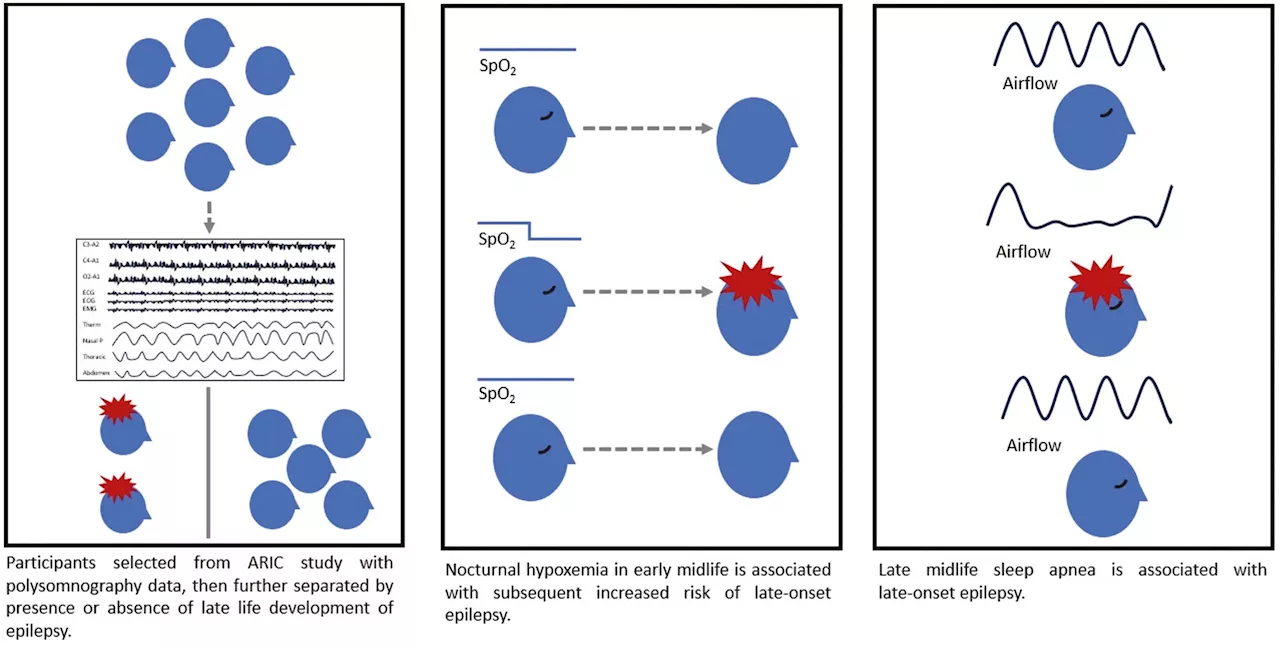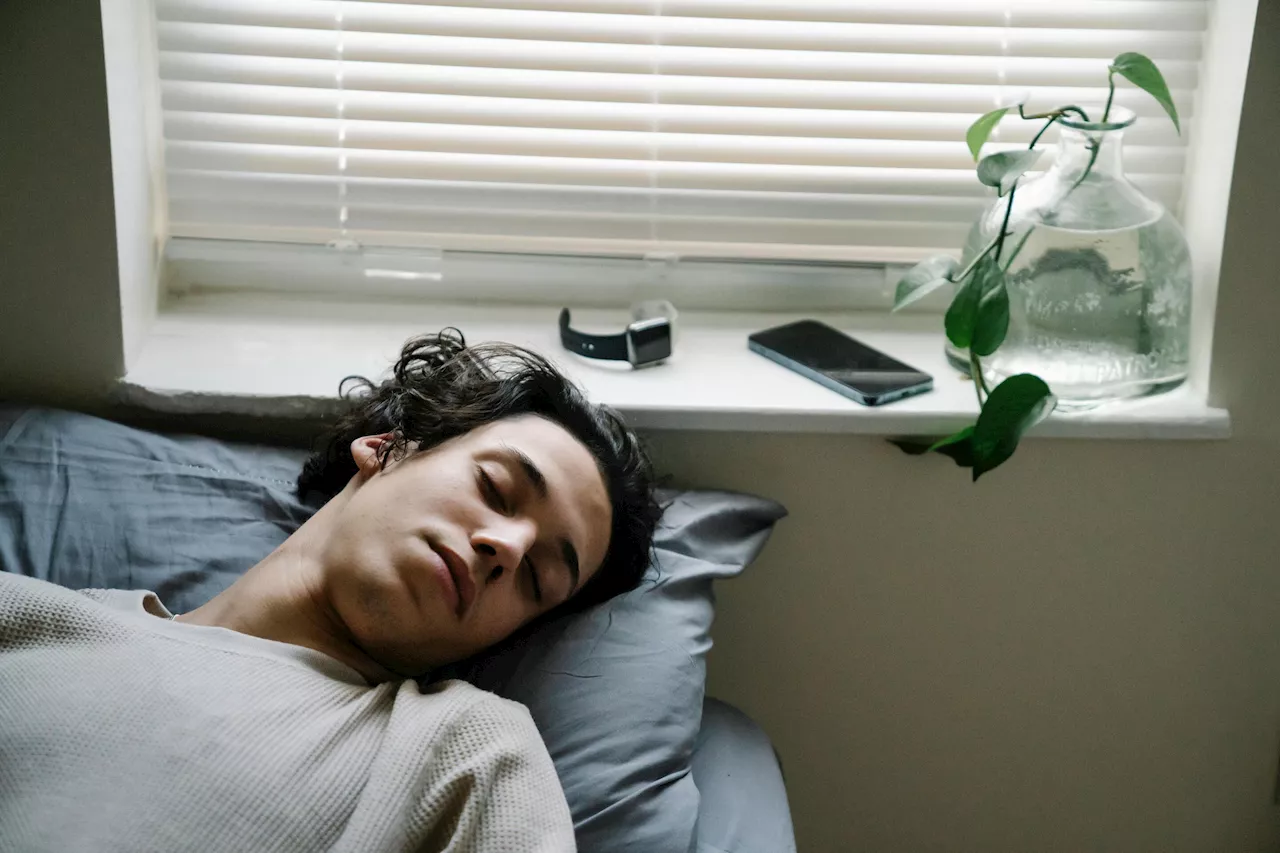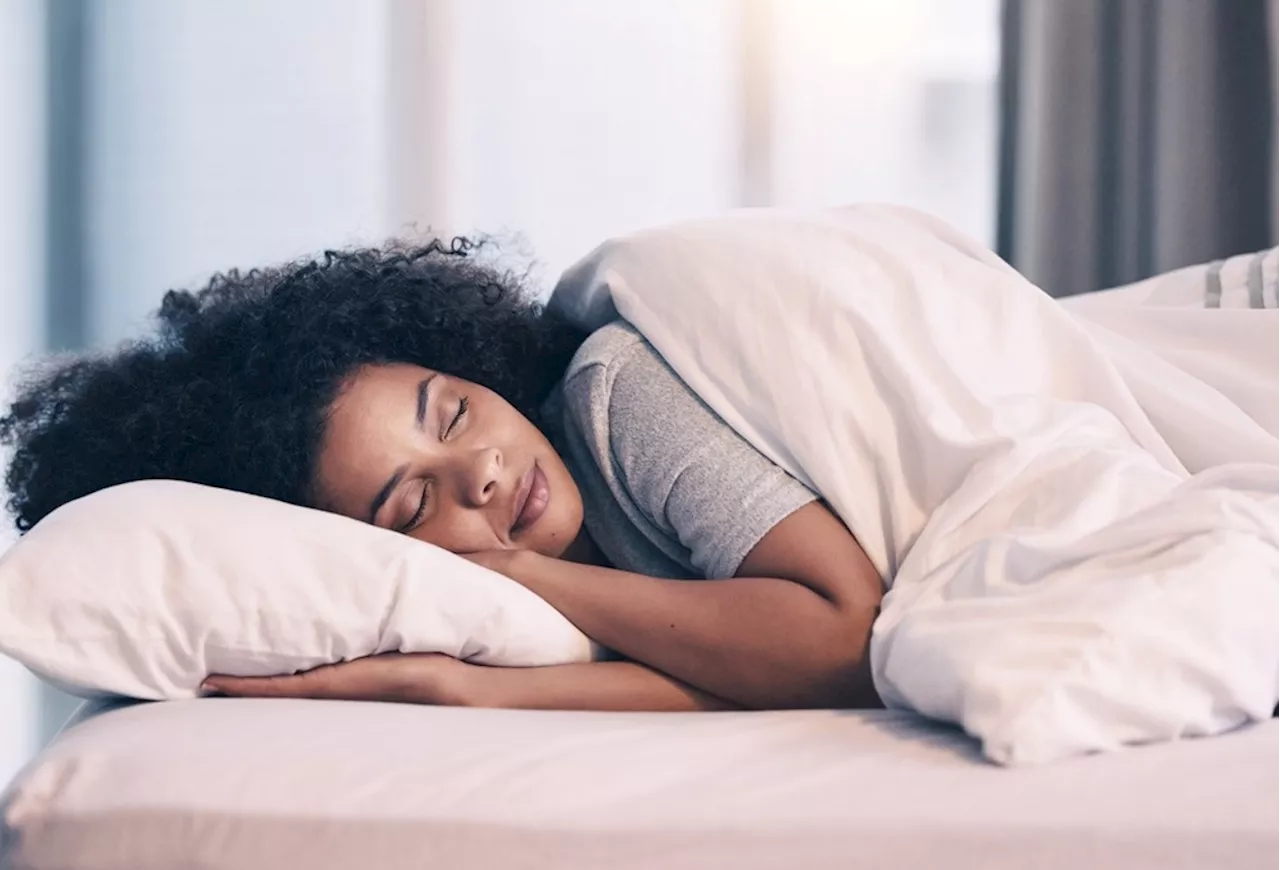The transition between sleep and wakefulness involves changes in motor control, brain activity, cognition, and consciousness.
The role of circadian rhythms in sleep onsetFuture research trends in sleep onset Sleep is essential for physical and psychological performance.1 Since millions of individuals worldwide deal with sleep-related problems, scientists have focused on understanding the mechanisms associated with sleep and wakefulness. This could help alleviate the issues linked to sleep disorders and improve overall quality of life.
Sleep is critical for waking cognition and is associated with one's ability to think efficiently, be alert, and sustain attention. It has been observed that vigilant attention declines considerably after more than sixteen hours of continuous wakefulness.5 Partial sleep deprivation accumulates over time and leads to a steady deterioration of alertness. Furthermore, sleep plays a vital role in emotional regulation, metabolic processes, and body healing.
The expression of clock genes inside a cell influences many signaling pathways that allow the cell to identify specific times of day and, accordingly, conduct essential functions. Phosphorylation of core clock proteins helps manage 24-hour sleep/wake cycles.9 A disruption of the circadian cycle has many health implications associated with immune, skeletal, renal, cardiac, gastrointestinal, and endocrinal functions.
Brain nuclei that control the sleep/wake states display heterogeneity and are composed of intermingled neuronal populations that support differentially activated states. Complex interactions of subcortical neuromodulatory neurons in the hypothalamus, brainstem, midbrain, thalamus, basal forebrain , and the cortex are responsible for the differential physiological behavioral, and electrocortical sleep/wake states.
GABAergic sleep-active neurons also inhibit cholinergic neurons in the basal forebrain. Since the cholinergic system is one of the key players in the wakefulness of the brain, its inhibition deactivates the cortex and promotes sleep. Both pharmacological and non-pharmacological strategies have been developed to alleviate sleeping disorders, such as insomnia.15 Epidemiologic research has shown that regular light to vigorous exercise improves sleep quality and reduces the risk of insomnia.
Canada Latest News, Canada Headlines
Similar News:You can also read news stories similar to this one that we have collected from other news sources.
 Sleep In Rollers: 11 Best Sleep-In Hair RollersUsing sleep in rollers can achieve effortless curls for your hair, so here are 11 best sleep-in hair rollers to shop now. From silk hair curlers to velcro rollers.
Sleep In Rollers: 11 Best Sleep-In Hair RollersUsing sleep in rollers can achieve effortless curls for your hair, so here are 11 best sleep-in hair rollers to shop now. From silk hair curlers to velcro rollers.
Read more »
 Low oxygen during sleep and sleep apnea linked to epilepsy in older adultsSleep apnea and low oxygen levels while sleeping are associated with epilepsy that first occurs after 60 years of age, known as late-onset epilepsy, according to a new study published in Sleep.
Low oxygen during sleep and sleep apnea linked to epilepsy in older adultsSleep apnea and low oxygen levels while sleeping are associated with epilepsy that first occurs after 60 years of age, known as late-onset epilepsy, according to a new study published in Sleep.
Read more »
 'Sleep disorder has taken over my life': Woman speaks out as charity announces sleep pandemicMother-of-two, Michelle Gunter, said years of not sleeping have left her feeling hopeless. This comes after charity claim UK is suffering a 'sleep pandemic'.
'Sleep disorder has taken over my life': Woman speaks out as charity announces sleep pandemicMother-of-two, Michelle Gunter, said years of not sleeping have left her feeling hopeless. This comes after charity claim UK is suffering a 'sleep pandemic'.
Read more »
 8 Ways To Sleep Better TonightWhether you regularly struggle with sleep or are pre-empting disrupted summer sleep, there are ways to ensure you can sleep better and more soundly from now on.
8 Ways To Sleep Better TonightWhether you regularly struggle with sleep or are pre-empting disrupted summer sleep, there are ways to ensure you can sleep better and more soundly from now on.
Read more »
 Exploring how the effects of racism impact sleep in adolescentsSleep and sleep disturbances have consequences for the development of adolescents and young adults. In a new article, researchers examine sleep during these periods, focusing on the effects of ethnic and racial discrimination. They conclude that improving sleep may boost health for all youth, but especially for those affected by racism.
Exploring how the effects of racism impact sleep in adolescentsSleep and sleep disturbances have consequences for the development of adolescents and young adults. In a new article, researchers examine sleep during these periods, focusing on the effects of ethnic and racial discrimination. They conclude that improving sleep may boost health for all youth, but especially for those affected by racism.
Read more »
 The Outlaws of Thunder Junction prerelease swanned a mixed bag of mechanicsThe Outlaws of Thunder Junction prerelease has now been and gone, showing us how some of the new mechanics are performing.
The Outlaws of Thunder Junction prerelease swanned a mixed bag of mechanicsThe Outlaws of Thunder Junction prerelease has now been and gone, showing us how some of the new mechanics are performing.
Read more »
